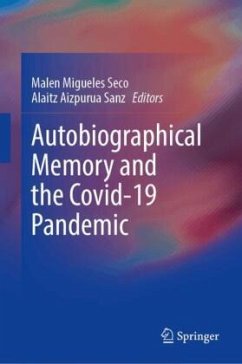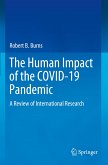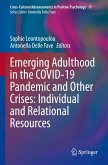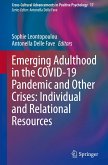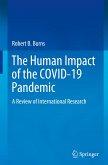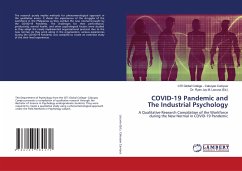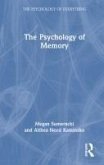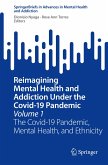The outbreak of COVID-19 radically transformed our daily lives, altering not only our habits and social relations, but also our most fundamental mental processes, most notably memory. This book explores how the pandemic affected autobiographical memory, changing the way we remember, feel and organise our experiences of the past and our visions of the future.
From a multidisciplinary and multicultural perspective, the seven chapters in this volume analyse the effects of stress, anxiety and sustained uncertainty on functions such as attention, decision-making, emotional regulation and, particularly, memory. The analysis includes both people who contracted COVID-19 disease and those who, without having been infected, were profoundly affected by fear, isolation and disruptions in daily life.
The pandemic generated particularly intense and lasting memories, known as flashbulb memories. Many people recall with full clarity, detail and confidence the circumstances in which they learned of the declaration of the state of alert, of the start of the first online classes or of the first confirmed case of infection in their country. At the same time, spontaneous memories or even visions of the future emerged without conscious intention, reflecting the extreme emotional state experienced. In a context of information overload and social disruption, our cognitive capacities were compromised, affecting the way we encode and recall personal memories, and favouring the emergence of distortions and false memories. This volume also examines how individual memories are intertwined with a shared collective memory, constructed from common symbols, images and emotions. The pandemic left a deep cognitive and emotional imprint that continues to shape our identity and personal narratives, and is likely to be a future event that will serve to situate past experiences in our personal past.
Aimed at both professionals and the interested public, this book offers a rigorous, humane and enlightening look at one of the most enduring legacies of the COVID-19 crisis: the way we remember it and the effects it had on our memory.
From a multidisciplinary and multicultural perspective, the seven chapters in this volume analyse the effects of stress, anxiety and sustained uncertainty on functions such as attention, decision-making, emotional regulation and, particularly, memory. The analysis includes both people who contracted COVID-19 disease and those who, without having been infected, were profoundly affected by fear, isolation and disruptions in daily life.
The pandemic generated particularly intense and lasting memories, known as flashbulb memories. Many people recall with full clarity, detail and confidence the circumstances in which they learned of the declaration of the state of alert, of the start of the first online classes or of the first confirmed case of infection in their country. At the same time, spontaneous memories or even visions of the future emerged without conscious intention, reflecting the extreme emotional state experienced. In a context of information overload and social disruption, our cognitive capacities were compromised, affecting the way we encode and recall personal memories, and favouring the emergence of distortions and false memories. This volume also examines how individual memories are intertwined with a shared collective memory, constructed from common symbols, images and emotions. The pandemic left a deep cognitive and emotional imprint that continues to shape our identity and personal narratives, and is likely to be a future event that will serve to situate past experiences in our personal past.
Aimed at both professionals and the interested public, this book offers a rigorous, humane and enlightening look at one of the most enduring legacies of the COVID-19 crisis: the way we remember it and the effects it had on our memory.

